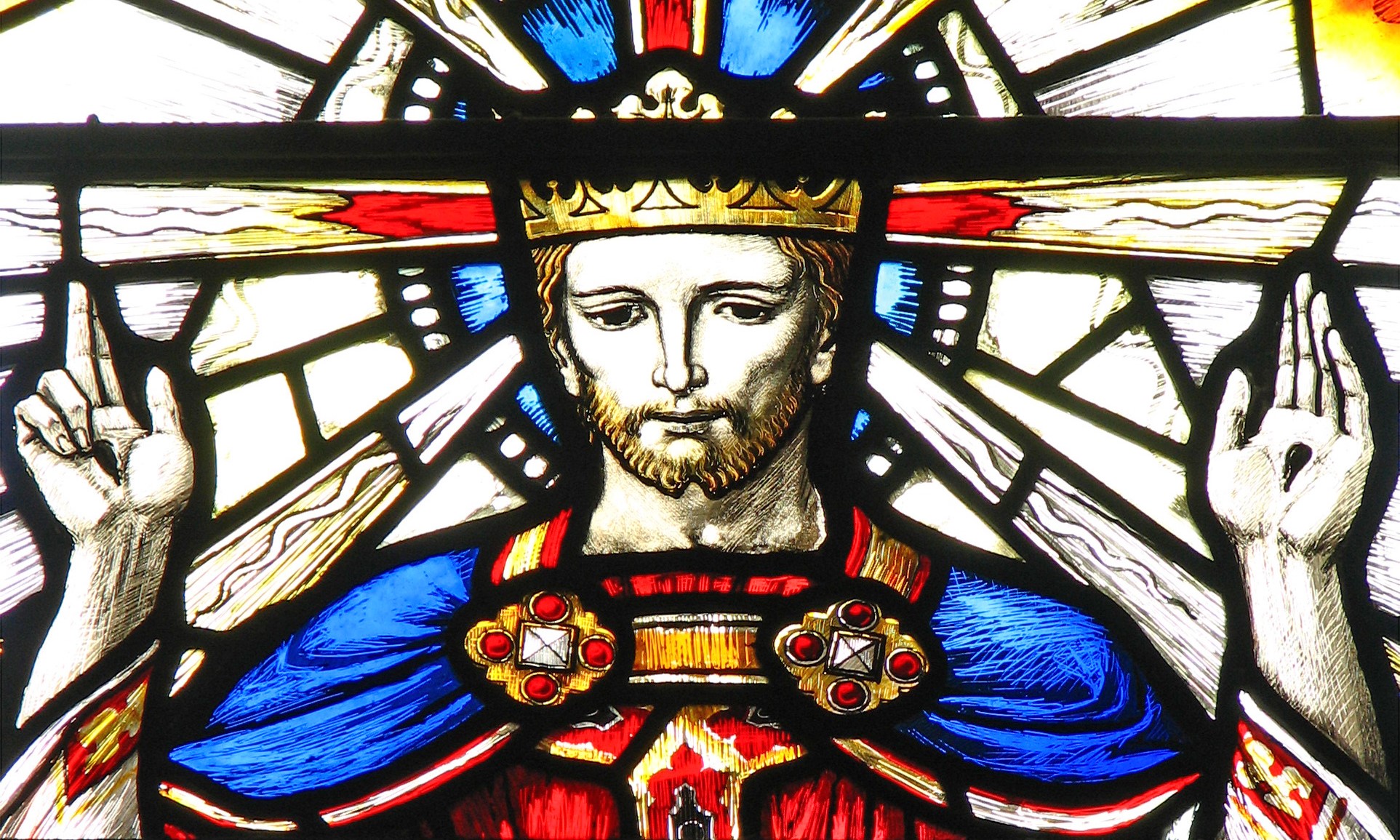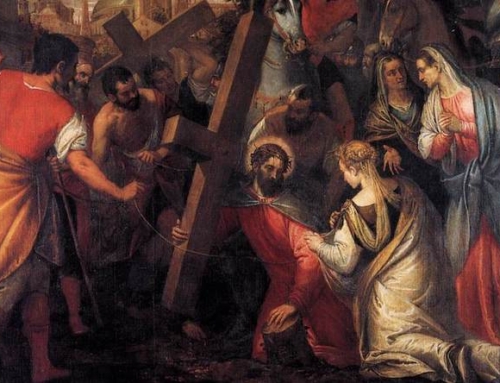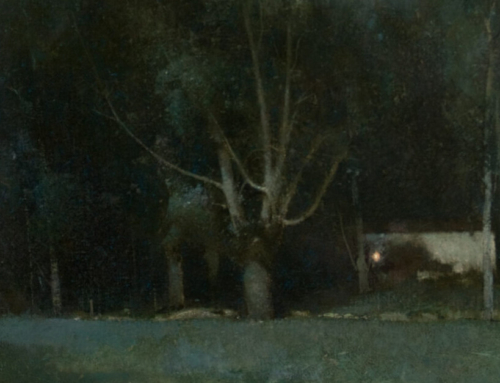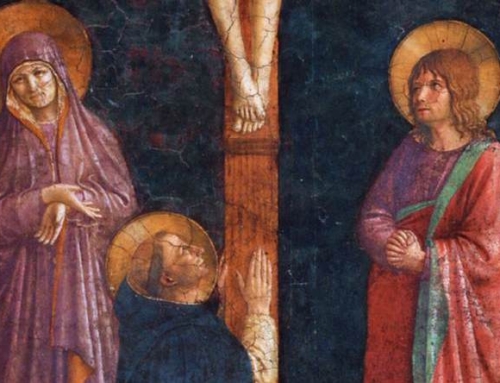2020 Advent Series: O Rex Gentium
“O King of the nations, and their desire,
the cornerstone making both one:
Come and save the human race,
which you fashioned from clay.”
We must sing today’s antiphon knowing that, for us Christians, it has a twofold meaning. O Rex Gentium refers both to the first coming of Christ and also to his second coming.
In Christ’s first coming, the One who fashioned the human race from clay, becomes himself one of the human race. The divinity of Christ is clothed with humanity. In taking human flesh, nothing of the divine is diminished and nothing of the human is crushed.
The little baby of Bethlehem was truly King of the Nations. Only some could recognize his kingship, while others mocked him.
On Christmas night, the angels descended upon Bethlehem and sang out in acclamation of the newborn king: “Gloria in excelsis Deo!” (Luke 2:14). Soon after, three kings arrived from the East to offer worship to “he who has been born King of the Jews” (Matt 2:2). Those who love Christ, recognize that he is king—even if he be only a suckling babe!
But others did not recognize the little Judean as a king. Recall his Passion. There was a sign fastened above his head, with the abbreviation: “INRI” referring to the Latin, “Iesus Nazarenus Rex Iudaeorum” meaning, “Jesus the Nazarene, King of the Jews.” Those crucifying him laughed and mocked him with this title. What kind of king is executed by his own people? However veiled and lowly his first coming may have seemed, those who loved him recognized that Christ is King. Those who cared not for the promises of the God of Israel mocked him.
At the second coming of Christ, there will be no mistaking whether or not he is really King. On that final day, the universal kingship of Christ will be made manifestly clear and obvious to all humanity. “When the Son of Man comes in his glory, and all the angels with him, he will sit upon his glorious throne, and all the nations will be assembled before him,” and there will be no one who can avoid this glorious entrance of the Divine King, not even those who pierced Christ’s hands and feet (Matt. 25:31-32; cf. Rev. 1:7).
That will be an unimaginably magnificent and overwhelming day. His eyes will seem to be as flames of fire, his voice like the crashing of tidal waves, and his face will shine as brightly as the noon-day sun (cf. Rev 1:14-16).
As he sits enthroned, Christ the King will still bear in his body the marks of his Passion, just as he did when he appeared to the apostles, when Doubting Thomas touched the hands and feet that bear the glorious scars that won our salvation. Those pierced hands and feet will show forth nothing but an incomprehensible love, for there is no greater love than that one should lay down his life for his friends (cf. John 15:13). Dazzling light will radiate from Christ’s pierced hands, in turn piercing our hearts with divine tenderness. We will behold the great price which he paid for our salvation. His wounds are proof that the “desire of the nations” desires us. All the angels and saints will look upon those wounds of the God-Man and experience nothing but pure delight, a kind of heavenly inebriation caused by a superabundance of love.
And on that day of the second coming of the King—which we ardently hope for and desire—we will join the heavenly court in their ecstasy. Those of us, who in a few days recognize the King at his first coming, will surely delight at his second!
✠
Photo by Fr. Lawrence Lew, O.P. (used with permission)







